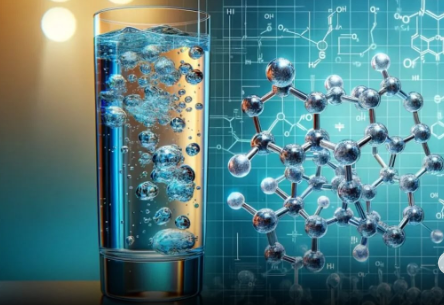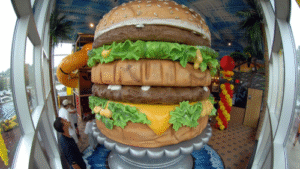In a groundbreaking study that has reignited global conversations on the power of human consciousness, renowned Japanese scientist Dr. Masaru Emoto has demonstrated that spoken words can alter the molecular structure of water. His experiments, now being revisited and expanded upon by modern researchers, reveal that positive and negative words create stunningly different crystal formations in frozen water samples.
Dr. Emoto exposed bottles of water to various stimuli—words, music, and even thoughts. When the water was subjected to loving, kind words such as “thank you” or “I love you,” it formed beautiful, symmetrical crystals upon freezing. In contrast, exposure to words like “hate” or “you disgust me” resulted in chaotic, fractured structures.
The implications are profound. Given that the human body is composed of over 60% water, many are now questioning how everyday language, self-talk, and media consumption could be influencing mental, emotional, and even physical well-being.
“This study challenges the way we speak to others and ourselves,” said Dr. Emiko Tanaka, a neuroscientist at Kyoto University. “If words can change water, imagine the impact on a body made mostly of it.”
Critics call for further scientific scrutiny, but proponents believe this opens up new paths in mental health, education, and holistic healing.
As awareness spreads, people across the world are rethinking the language they use—and its potential to shape reality, one word at a time.







